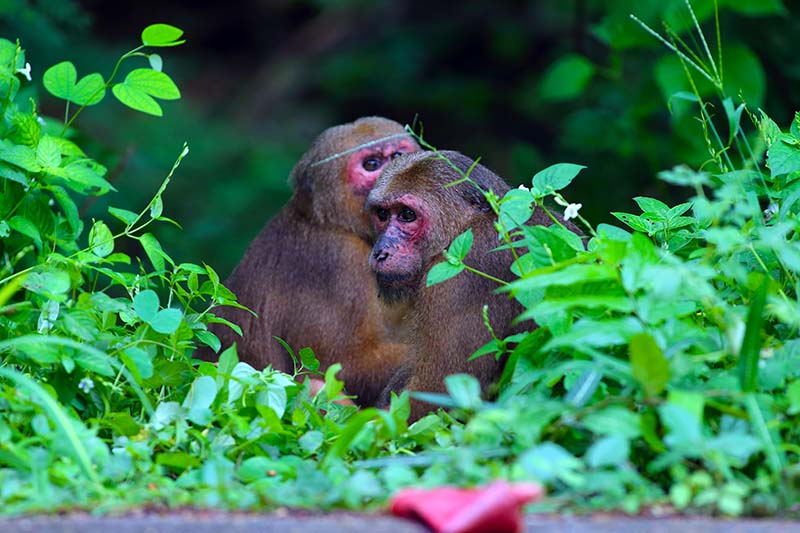1-minute read
As we live with the daily reality of how rapidly and efficiently the frustratingly tenacious coronavirus has been spreading from points A to Z, a new study from Stanford University shows how protecting forests can help prevent the future transmission of zoonotic (i.e., animal to human) disease.
Close to 75 percent of emerging infectious diseases originate in animals. When proximity and interactions between humans and wildlife increase as a result of ongoing deforestation and habitat loss, the spread of zoonotic disease becomes more common. To reduce the risk of future virus outbreaks, researchers recommend planting forest buffer zones to create natural barriers to disease transmission, protect biodiversity, and provide alternative sources of food and fuel to forest-dependent communities. In a nutshell, to create safe roaming room for wild ones and help keep people and planet healthy—add trees.
If the unrelenting pandemic news cycle leaves you inert and feeling generally out of sorts, we empathize. During challenging intervals, we take comfort in knowing that there is still tremendous beauty to be found in the world, and difficult circumstances can sometimes inspire people—big ones and little ones—to create their own.
Until we cancel the coronavirus, hang in, stay safe, and be well!




















































